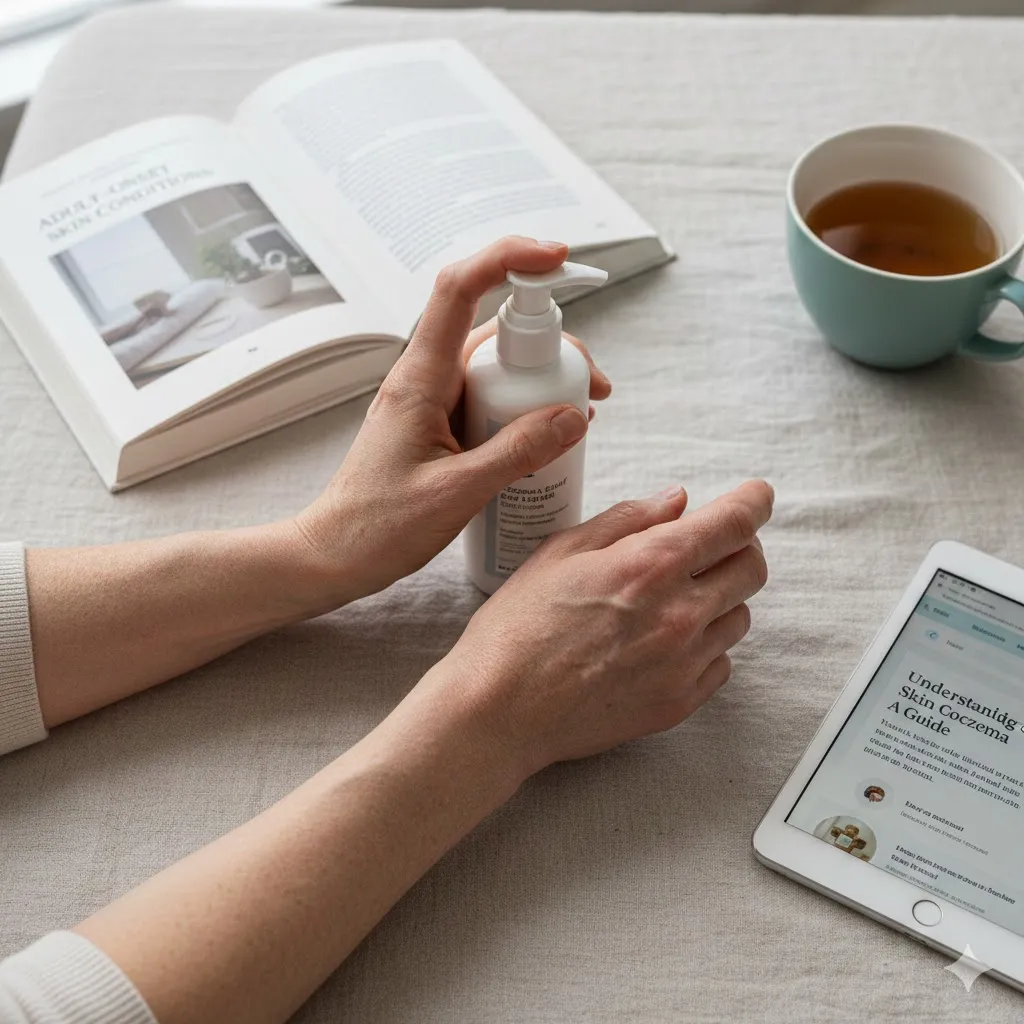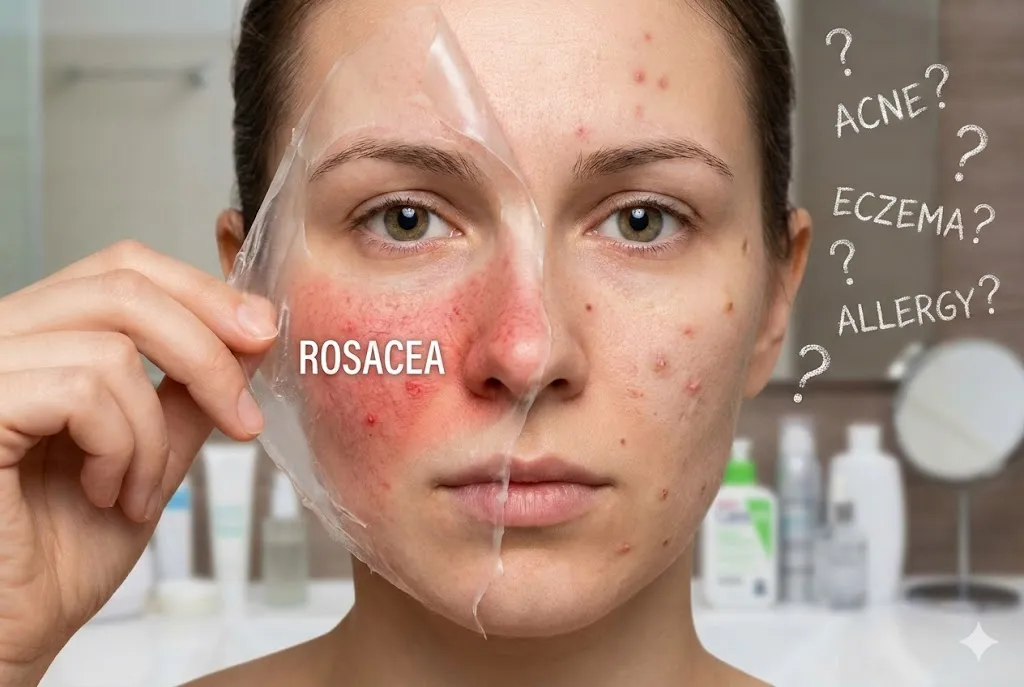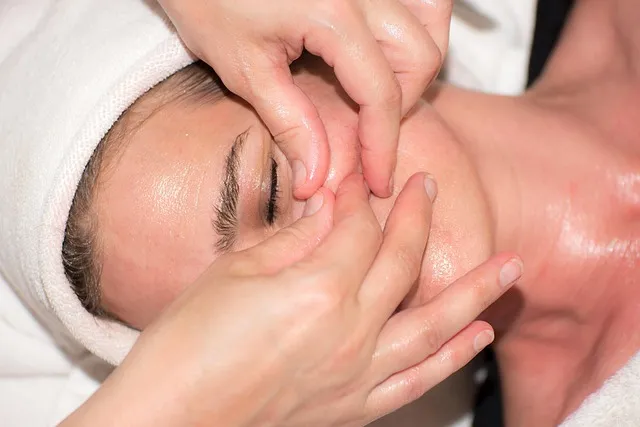Big, Bold Protein Power
Collage in the biggest and boldest protein in the human body and most of it makes our skin a place called home. The beneficial usage of wound care dressings that are filled with collagen, collagen powder, or a cream ointment that contains collagen can accelerate the wound healing time. The wounds may be caused from a variety of reasons such as a fall, a surgical procedure, venous ulcers, diabetic ulcers, and more. There are a few things to be aware of before using wound healing approaches with collagen in them.What Does Collagen Do Anyway?
16% of our bodies are protein. Collagen accounts for around 30% of that 16%. This makes Collagen the most abundant protein in the human body. Collagen is protein that is key to the structural health of all the many connective tissues in the body. Connective tissues include:- Skin
- Ligaments
- Tendons
- Cartilage
- Bones
- Amino acids such as:
- Glycine
- Proline
- Alanine
- Hydroxyproline (when Vitamin C synthesizes proline and lysine, hydroxyproline is the result)
- Wrinkles
- Crepey skin
- Fingernails that are brittle
- Thinning hair
- Decrease in body hair
- Leaky gut (which causes many other medical issues)
- Achy joints
The Predictability of the Wound Healing Process
Most wounds follow a path of healing that is predictable. Collagen is needed in masses. The second phase of healing is where it's needed the most (proliferation). There are three steps that the human body takes for it to heal a wound.:- Inflammation Phase: Homeostasis and inflammation are the first stage.
- Proliferation Phase: the body magically fills in the wound with rejuvenated tissue. Fibroblasts make their way to the scene and buddy up with the red blood cells in the body assisting collagen synthesis and other elements to create that new layer of amazing skin.
- Remodeling Phase: Production of scar tissue occurs in this phase.
What Conditions Can Stop the Body from Healing Properly?
There are several factors that can affect how well we heal from our wounds.- Age- Humans lose the natural capability to create and maintain a healthy collagen level in their bodies as they grow in age. Specifically, after the age of 65 when collagen loss becomes more of a problem if the patient gets a wound.
- Weak nutrition: Protein deficiency occurs when the protein that is taken in does not meet the requirements to support all of the body's needs. This has an affect on the body's natural healing ability because it interferes with the proliferation phase in the healing cycle.
- Vitamin Deficiencies in C and A: Vitamin C is of utmost importance for the synthesis of collagen. Vitamin A is the necessary element for the collagen protein fibril
- Minerals: Copper and Zinc are both important elements to help create new collagen proteins that promote the building of new skin.
Beneficial Qualities of Collagen Use for Wound Healing
Collagen controls the traffic in your body. It helps guide various cells to the wound such as the fibroblast and keratinocytes that help tissue growth speed up around the area of the wound. Collagen powder, dressing containing collagen, or collagen gel can help to treat many wounds including:- Burns
- Cuts
- Chronic wounds that heal slow or refuse to heal at all
- Bed sores
- Ulcers of various kinds
Risk of Infection Decreases
When collagen is used in wound treatment it can help bring down the risk of infection. The collagen will form a protective shield around the wound and form a layer of protection to keep external bacteria off the wound.Decreased Irritation
Collagen has natural qualities that offer a soft and mildly moist environment that contributes to the ease of any irritation the patient may feel from the wound. Since collagen naturally occurs on an ongoing basis in our bodies, it isn't a foreign element and the body won't try to react or reject it. A few allergies to be aware of have already been mentioned, but you should still read the ingredients list on any treatments you buy in any form. Always look for your allergens such as eggs, meat, fish, or gluten. Be sure you always consult your physician when introducing new approaches in your treatment.Conclusion
Collagen accounts for most of the protein in the human body. It's presence in the skin is prevalent and urgent since the skin is the largest organ in our bodies. Collagen holds much of our body together such as skin, cartilage, and even our hair, and this just a few parts of our bodies getting glued by collagen. Because we start life with plenty of collagen being made as we age, we don't produce as much. Age, sun, smoking, and other activities destroy the collagen we do have. Eating well is essential since protein, amino acids, and the minerals and vitamins our body's need come from what we put in our body.About The Author
Heidi West is a medical writer for Vohra Wound Physicians, a national wound care physician group. She writes about health and medicine including wound management and healing.
Reviewed by







